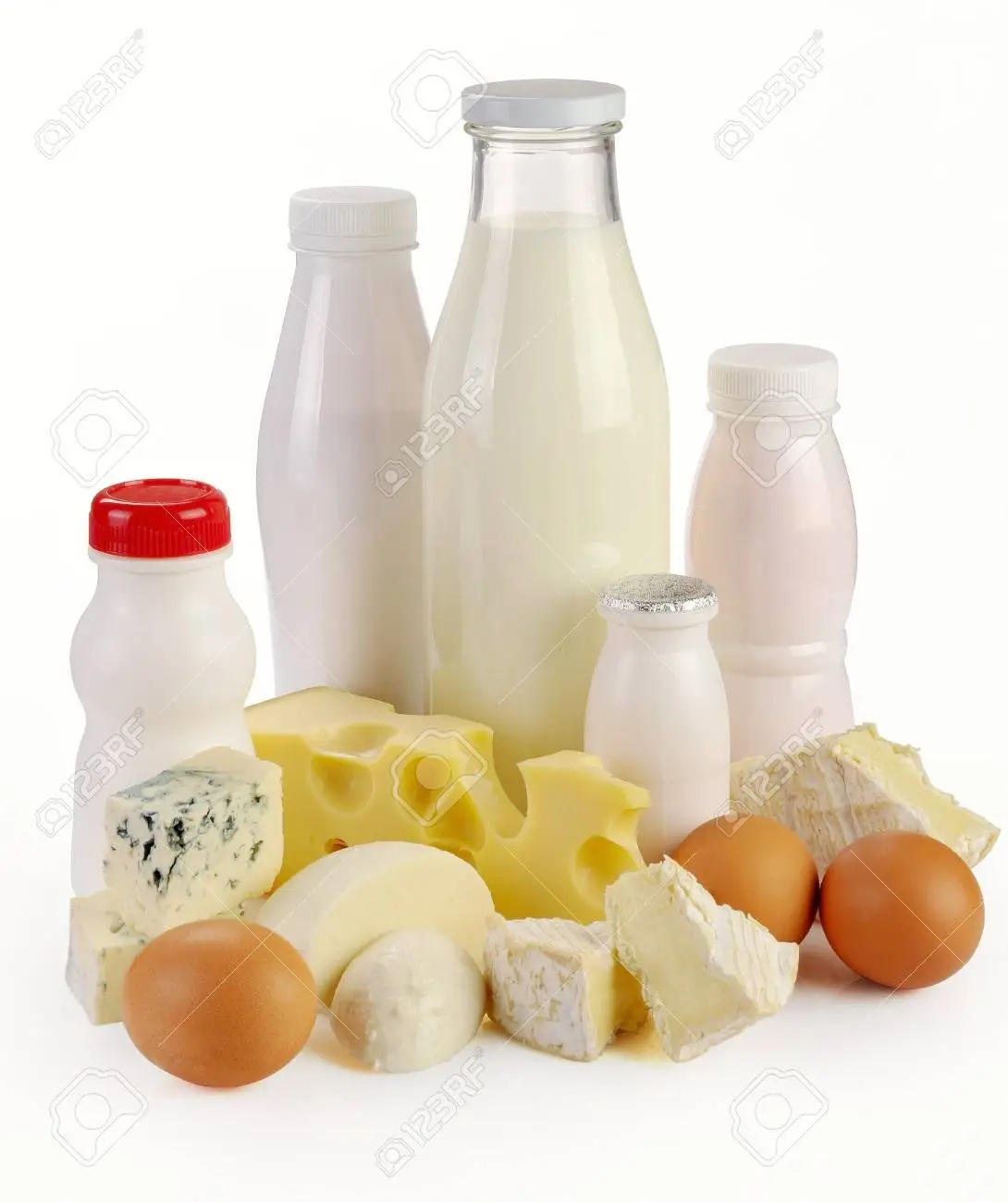Vitamin B Complex (60 tablets)
Vitamin B Complex is an antioxidant which improves the immune system. It protects against second-hand smoke and pollutants. May delay or prevent heart disease. May also protect against certain cancers and cataracts. It is also a nerve tonic.
Learn More
Product Description
Ingredients:
Vitamin B1 – 0,5mg
Vitamin B2 – 0,25mg
Vitamin B3 – 2,5mg
Vitamin B6 – 0,065mg
Calcium D Pantothenate – 0,5mg
Brewers Yeast – 5mg
Sugar – 70mg
Suggested dosage:
Take 1-2 tablets per day with meals
Further information:
B vitamins play a vital role in maintaining good health and well-being. As the building blocks of a healthy body, B vitamins have a direct impact on your energy levels, brain function, and cell metabolism
For those who are pregnant:
B vitamins are especially important for those who are pregnant or breastfeeding. These vitamins aid in fetal brain development, and they reduce the risk of birth defects.
For people who are pregnant, B vitamins may help manage energy levels, ease nausea, and lower the risk of developing pre-eclampsia.
For boosting testosterone:
B vitamins are sometimes included in “testosterone-boosting” supplements and are thought to increase testosterone levels in men, which naturally decrease with age. However, human studies confirming these claims are lacking. In spite of the lack of evidence for any testosterone-boosting effects, because B vitamins are helpful in hormone regulation, it’s possible that B vitamins may help regulate male hormones as well as female hormones
What foods are B vitamins found in?
Lots of foods contain B vitamins, making it easy to get enough from your diet. It’s best to get your B vitamins from a wide variety of food sources. This helps ensure you’re getting enough of each type

You can find vitamin B in:
- milk
- cheese
- eggs
- liver and kidney
- meat, such as chicken and red meat
- fish, such as tuna, mackerel, and salmon
- shellfish, such as oysters and clams
- dark green vegetables, such as spinach and kale
- vegetables, such as beets, avocados, and potatoes
- whole grains and cereals
- beans, such as kidney beans, black beans, and chickpeas
- nuts and seeds
- fruits, such as citrus, banana, and watermelon
- soy products, such as soy milk and tempeh
- blackstrap molasses
- wheat germ
- yeast and nutritional yeast
The following symptoms may signal you’re not getting enough B vitamins:
- skin rashes
- cracks around the mouth
- scaly skin on the lips
- swollen tongue
- fatigue
- weakness
- anemia
- confusion
- irritability or depression
- nausea
- abdominal cramps
- diarrhea
- constipation
- numbness or tingling in the feet and hands
Although it’s possible that you’re experiencing a vitamin B deficiency, these symptoms also overlap with many other underlying conditions. Your healthcare professional can assist with a diagnosis and advise you on next steps.